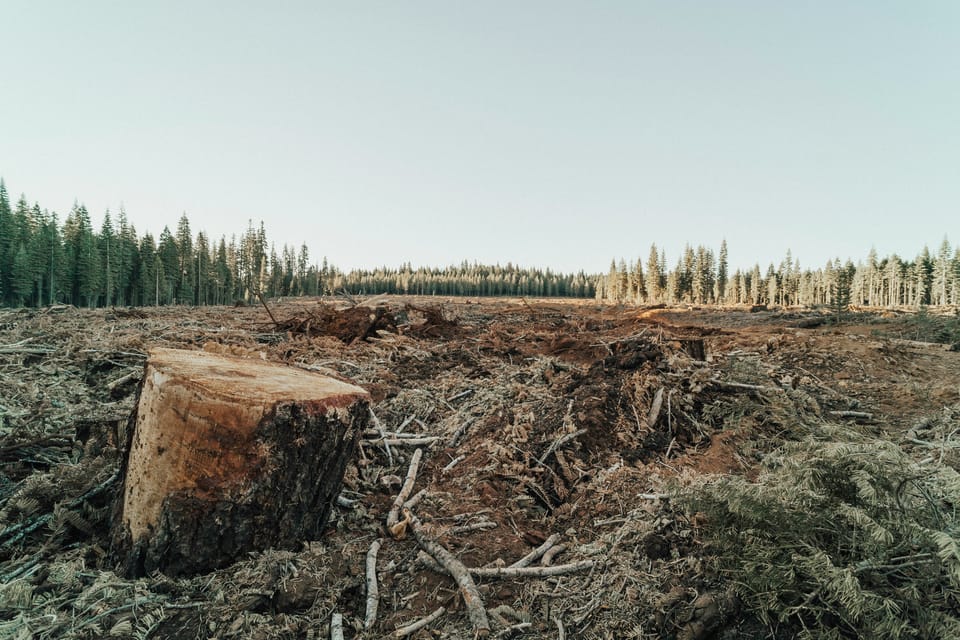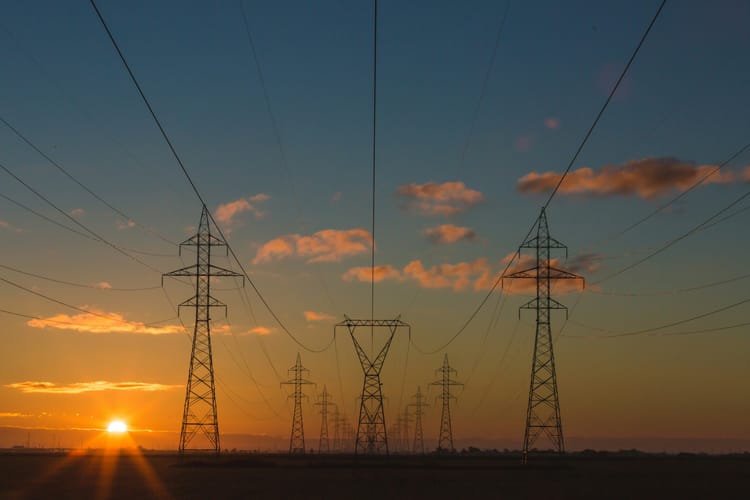Financial institutions provided nearly US$9tn to ‘deforestation economy’ in 2024
BBVA, Deutsche Bank and Lloyds Banking group are the only FIs to screen all high-risk commodities.

A new report has found that 150 financial institutions provided US$8.9 trillion to the ‘deforestation economy’ in 2024, and 60% of them still do not have a deforestation policy.
The Forest 500 report, published today (August 14) by nonprofit Global Canopy, analyses the 150 financial institutions with the greatest exposure to deforestation risk. In 2024, these gave US$864 billion of financing to companies that depend on forest products, yet lack a public deforestation commitment.







